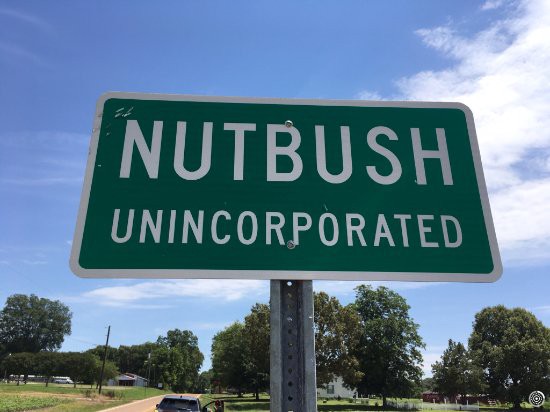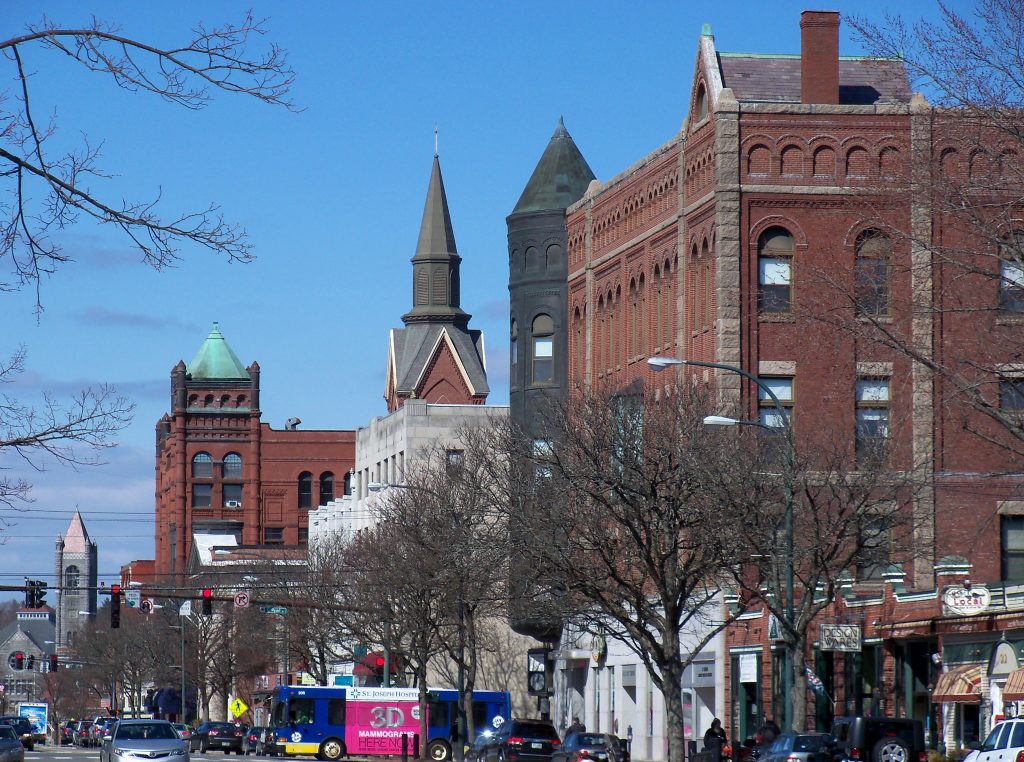When you are planning to move, most people will research the location they are moving to. They want to know what the City is like, the crime, the benefits, the negatives, what are the schools like, and what jobs there are.
There is actually one other aspect that should be checked into before you plan to purchase a home with property. It is always best to find out if the place you are considering is incorporated or unincorporated. Did this town choose to unincorporate and if so, why?
Many of you may be wondering what is meant by an incorporated city and one that is not incorporated. This can be easily explained. There are benefits and negatives involved in unincorporated cities.
Definition

An unincorporated city is one in which they are not governed by any local municipal corporation. Instead, they have a larger area that is governed as a County, Parish or Township. These unincorporated areas may be those that are largely uninhabited, and have extremely small populations. They may also have a couple of businesses, however, there are no municipality services in that area.
Municipal services are those that the local residents expect from the city or town when they have paid taxes to them. For the towns or cities that have very low population, this would mean that they refer to the municipality as the County they are in, rather than having their own local Government.
For example, at election time, each city or town can vote for certain aspects in their town, but for Government purposes, it is referred to as County Commission, County Judges and so on. To be clear, there are very few unincorporated areas remaining in the United States and Canada, in relation to the actual number of cities and towns listed for each State and Province.
There are positive aspects of living in an unincorporated community and there are also negatives. Is it beneficial for a town or city to remain unincorporated? This means that they do not have their own government. The County they are part of would be their Governing body. However, they are still considered a legal town or city. This could make it difficult when it comes to certain services.
Pros of Unincorporated Cities

Most of us live in an area that has its own local government, such as the police, city council and so forth. However, when you live in an unincorporated city, you would still have a social identity without any designation politically.
- Being part of an unincorporated town means that there are less regulations that will apply to your home and your property. You would need to check on the Zoning laws in the area of your property. There could be an issue further down the line where a business or a farm decides to purchase next to you and make life miserable. The property taxes may be lower due to no local government forcing the issue of additional taxes, but that is not the case in all unincorporated areas.
- In an unincorporated city or town, you have the option to start homesteading or farming. There may be some zoning regulations, but likely not ones that would affect how many animals on your property if you begin farming. This would also give you the option of making extra income with a farm. Whether it is crops and gardens or animals and butchering, there is income that you would not have living in an incorporated city.
- In unincorporated areas, it is easier to live off the grid if you choose. By off the grid, this would mean solar power where you do not have to pay someone else for the electricity. Most rural areas would give you the opportunity to have a well on your own property. This will lead to additional work for you, but ultimately more beneficial than paying for city water and city sewer. You could also install geothermal or wind generated power. Obviously, you still need to check the Zoning regulations for your area. However, this would give you a chance to lead a self-sustaining life.
- Living in an unincorporated city or town would likely mean more of a rural setting. The unincorporated locations are those cities and towns with very few residents, meaning more are to roam, to get back in touch with nature. This also means there is no hustle and bustle of busy city life. There is no rush hour traffic, no non-stop sirens. This rural setting also gives your children, if any, more room to run, ride a bike and get fresh air.
The Negatives of Living in An Unincorporated Area

It is not all sunshine and pretty flowers when you live in an unincorporated city or town. For instance, relying on yourself to live is great, however, what if the well ran dry? What if a tornado tore down all the solar and wind power? At times like that it is beneficial to be closer to an incorporated city. If nothing else for the water and electricity. Let’s take a look at some other negatives.
- One of the biggest possible setbacks of living in an unincorporated city or town is that if and when you need any emergency assistance from the police or ambulance, it will take longer for them to get to your location. The main services would be located within the incorporated city, which would also likely be the county seat. This would mean that is where all the County government officials are located. There are some smaller incorporated cities, with low population that do maintain a fire department for the area.
- Due to the distance to travel for those above mentioned services, the fees that you are charged would likely be higher than if you were living in the incorporated city or town near you. However, it is not just the emergency units of police and ambulance, if you need a tow truck, a service repair for appliance or heater and air conditioning, the fees for those are higher due to travel time.
- If you choose to live in an unincorporated area and you live in a state where you receive snow, or heavy rains, there may not be immediate road maintenance. They would likely leave the outskirts until the last of their snow clearing or grading of wet roads. Being that there are so few inhabitants, it is considered to be best to do in-city and town before the country roads are maintained. These roads that are outside of city limits are generally gravel or dirt, which will mean you may have road maintenance once the spring thaw is over.
- Of course, an important aspect to consider, if you continue to work outside the home and have to commute, your commute could be longer than it was previously. This will mean an increase in fuel costs, and there will also be more wear and tear on the vehicle. Even something as routine as shopping for groceries will need to be altered. Routines for shopping, for foods, clothing or other items would best be done on your way to work or home from work. This will prevent additional driving and gas costs.
- The zoning regulations can change quickly when you live in an unincorporated city or town. When you and others live in an unincorporated town, people may decide that they are not happy with the way the zoning is regulated on their property, they need to make a request through the local county or township and things could change very quickly. As an example, the property behind yours may have a lush forest with wild animals you can watch from a distance, then suddenly the trees start coming down and an industrial business is built there.
- If you work from home or have kids in school that rely on the internet or your family enjoys television night, there may be no access to those services. Of course, there are always Satellite services that provide both television and internet.
- The value of your home can be lower than you bought the place for. This would mean that the tax assessment for your property is higher than the value they state of your home. This can turn into an ongoing issue if you and your family choose to make any improvements to the property or land. School levies are usually the cause of this. It is always smart to go through the history of the land, as far as property value and tax assessments.
To Summarize

Living in what one would consider the country, in an unincorporated city or town will definitely give you some additional privacy. It may also help bring you back to nature and more responsible for sustaining your food supply. If you choose farming, you could develop another income that would help out the family.
However, there are certainly setbacks to consider before making the decision to live in an unincorporated area. Of course, you still have the combination of privacy, yet community living also. Granted, probably not as many people versus an incorporated area.




